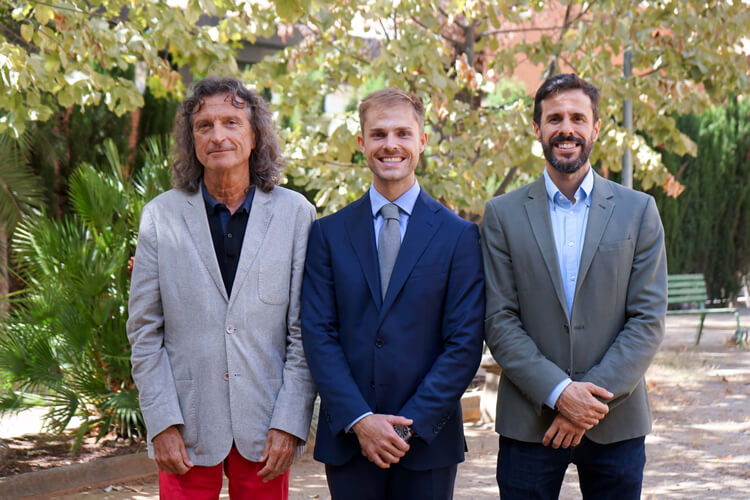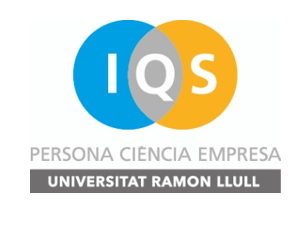Consumer Behaviour in the Digital Economy

Entitled “Consumer behaviour in the new digital economy: challenges and opportunities related to consumer engagement with new digital products,” Dr Félix Thomas Friederich recently defended his doctoral thesis, conducted at the IQS School of Management under the joint supervision of professors Dr Ramon Palau Saumell and Dr Jorge Matute Vallejo.
In our world in which the digital economy is clearly gaining strength, this research aimed to explore and visualize consumer behaviour, or the way in which consumers evaluate, choose, and become engaged with products in this new market.
To do so, Dr Friederich has conducted three studies in a field of growing interest for both higher education and the business world. The first of these focused on home grocery delivery services, a booming market that is rapidly changing the food industry and consumption model. The study included elements such as moral decoupling, guilt, personal feelings of empathy, and more. As a general conclusion, this first study shows how moral disassociation allows consumers to offer continued support to these companies, in spite of their unethical implications.
Crowdfunding and Crypto investment
The second study is focused on crowdfunding, an increasingly widespread investment system in which factors such as the perception of the importance of technology in the investment process and the ability to capture investors needs arise as essential elements. Based on the results of this study, the behaviour of private investments on crowdfunding platforms can be explained by variable models on technology acceptance and usage, together with the Task-Technology Fit Model.
Research into the factors that determine this type of behaviour has concluded with the creation of guidelines concerning practical knowledge for people who manage these platforms, which enable them to be adopted, thereby achieving economic gains.
Finally, the third area of digital consumption that this thesis explored was the world of cryptocurrencies, which have become highly attractive investment assets for consumers, even though they have suffered great investment losses in many cases. This third study is based on the theory of the FOMO syndrome (Fear Of Missing Out) – which explains the consumer levels of engagement with cryptocurrencies.
This doctoral thesis addresses three relevant phenomena within the context of consumer behaviour research, while also contributing to the growing current of publications that address this phenomenon from a marketing perspective in the sphere of the new digital economy.
Related publication
Felix T. Friederich, Jorge Matute, Ramon Palau-Saumell, Jan-Hinrich Meyer; That’s wrong… but it’s good! How moral decoupling allows consumers to feel less guilty about supporting companies involved in unethical conduct, Journal of Marketing Management, 2022.
This thesis has been funded through the IQS Grants programme for doctoral theses.


